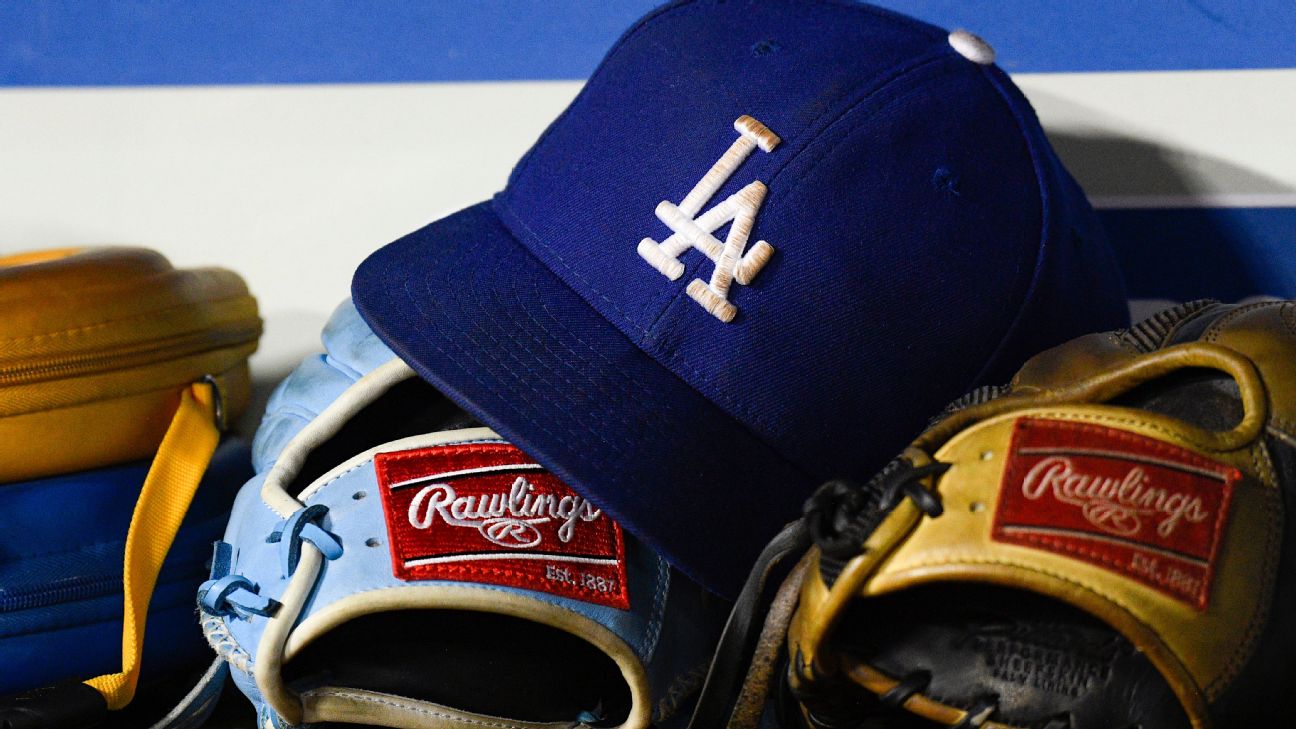World
Rocket Lab’s Founder Peter Beck Just Became The World’s Newest Space Billionaire

The New Zealand native has turned his scrappy rocket company into a small but determined competitor of Elon Musk’s SpaceX. Investors have driven the stock up by more than 300% over the last year.
Shares of Long Beach, California-based Rocket Lab USA closed at an all-time high Friday, boosting the fortune of the firm’s New Zealand-born founder and CEO Peter Beck to an estimated $1 billion for the first time, Forbes estimates. The company, which develops and launches rockets, satellites and other spacecraft for government and commercial customers, has seen its stock soar by more than 300% over the last year. Beck’s 10% stake is now worth nearly $970 million. Plus he is estimated to have nearly $65 million from selling shares of the company over the years.
Rocket Lab’s stock jumped by nearly 30% on Wednesday alone, after the company announced a record revenue forecast of $125 million to $135 million for the fourth quarter of 2024, a multi-launch agreement with a commercial satellite constellation operator for a larger, more fully-reusable launch vehicle, called Neutron, that Rocket Lab has been developing since 2021, and a proposal with NASA to retrieve samples from Mars and return them to earth.
“There’s excitement because the Neutron, which is a significantly bigger rocket [than Rocket Lab’s existing Electron launch vehicle], will compete to a degree with SpaceX’s rockets and dramatically improve the economics of the company,” says Cantor Fitzgerald analyst Andres Sheppard, noting that Rocket Lab is already the third most frequent orbital launcher globally behind SpaceX and the Chinese government. “Rocket Lab is the only one of those that can be invested in through the public markets, which is a big reason in our view that the stock has continued to run up.”
A self-taught aerospace engineer, Beck, 47, skipped college and went to work in 1993 as an apprentice in New Zealand at appliance manufacturer Fisher & Paykel, where he rose through roles in precision engineering, production machinery design and product design and analysis over the course of a decade, while building rockets in his spare time. In 2003, Beck moved to a New Zealand government research institute where he led engineering programs focused on optimizing technologies like wind turbines and superconductors, before leaving to launch Rocket Lab in 2006.
Rocket Lab made history three years later, when its Atea-1 became the first commercially-developed rocket to reach space from the Southern Hemisphere, after launching off the coast of New Zealand in 2009. The company moved its headquarters to the U.S. in 2013 and began development of its Electron launch vehicle a year later. Since its maiden voyage in 2017 through September of this year, the Electron has propelled an industry-leading 197 small spacecraft into orbit as part of 49 successful missions.
Rocket Lab went public at the height of the SPAC boom in August 2021, when it merged with a special purpose acquisition company in a deal that valued the company at $4.1 billion, up nearly 200% from the $1.4 billion valuation that Rocket Lab received in its last private funding round in 2018. Other than Beck, the 2021 transaction’s biggest winners were venture capital firms Khosla Ventures and Bessemer Venture Partners and Australia’s sovereign wealth fund, which had collectively acquired a nearly 50% stake in Rocket Lab over the course of five funding rounds dating back to 2013.
Beck owned 12% of Rocket Lab after selling $10 million of his shares in a private secondary transaction during 2019 and another $30 million of his stock as part of the 2021 SPAC merger. Then in September 2023, he unloaded a nearly 1% stake for $20 million in a block trade with Goldman Sachs, after the SPAC boom went bust, when Rocket Lab’s stock was trading around $5.62 per share–down 44% from its public offering price two years earlier. But Beck remained resolute, disclosing in a related securities filing that he had “no present intention to sell additional shares at this time.” He hasn’t sold a single share since, and Rocket Lab’s stock price has more than tripled to a record $19.00 per share as of Friday’s market close.
While Rocket Lab, with nearly $245 million of revenue in 2023, is much smaller than Elon Musk’s rocket firm SpaceX, Beck sees his company as a solid competitor. “SpaceX is the largest space company in the world and I think people are starting to understand that Rocket Lab is looking like it’s going to come in as the number two,” he told CNBC in an interview on Thursday. “As those two companies start to look more and more similar, it’s not surprising that the valuation gap starts to decrease over time.”









